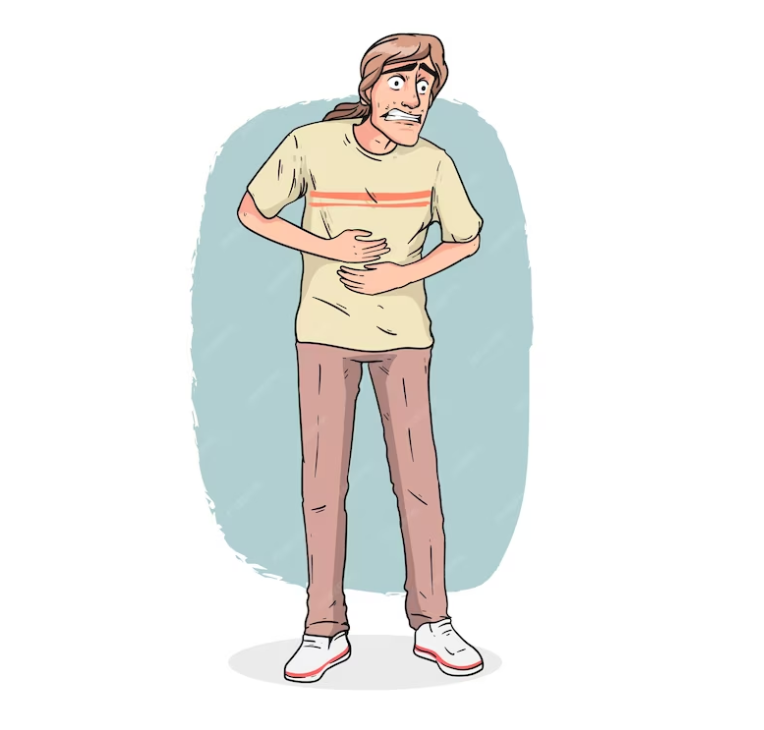
Heartburn 101: What It Is and How to Relieve It
Are you familiar with that burning sensation creeping up your chest after a spicy meal or a late-night snack? If so, you might be experiencing heartburn. It’s a common condition that affects millions of people worldwide. Let’s dive into what heartburn is, why it happens, and some simple ways to find relief.
What is Heartburn?
Heartburn is a symptom of acid reflux, a condition where stomach acid flows back up into the esophagus. The esophagus is the tube that carries food from your mouth to your stomach. When stomach acid irritates the lining of the esophagus, it leads to that uncomfortable burning sensation known as heartburn.
Why Does Heartburn Happen?
Several factors can contribute to heartburn, including:
- Certain Foods: Spicy, fatty, or acidic foods can trigger heartburn.
- Large Meals: Overeating or consuming big meals can put pressure on the stomach and cause acid reflux.
- Lifestyle Habits: Smoking, alcohol consumption, and lying down after eating can increase the risk of heartburn.
- Medical Conditions: Conditions like obesity, hiatal hernia, or pregnancy can also predispose individuals to heartburn.
How to Relieve Heartburn
Fortunately, there are ways to alleviate heartburn discomfort:
- Dietary Changes: Avoid trigger foods like citrus fruits, tomatoes, chocolate, caffeine, and spicy or fatty foods.
- Eat Smaller Meals: Opt for smaller, more frequent meals to reduce pressure on the stomach.
- Stay Upright After Eating: Avoid lying down or bending over immediately after eating to prevent acid reflux.
- Quit Smoking: Smoking weakens the lower esophageal sphincter, making it easier for stomach acid to reflux into the esophagus.
- Raise the Head of Your Bed: Elevating your head while sleeping can help reduce nighttime heartburn.
- Over-the-Counter Medications: Antacids or acid reducers like H2 blockers and proton pump inhibitors (PPIs) can provide temporary relief.
When to See a Doctor
While occasional heartburn is common and usually harmless, frequent or severe heartburn may indicate a more serious condition like gastroesophageal reflux disease (GERD). If you experience heartburn two or more times a week, have difficulty swallowing, or notice unintended weight loss, it’s essential to consult a healthcare professional for proper evaluation and treatment.
In conclusion, heartburn can be uncomfortable, but with some lifestyle changes and over-the-counter remedies, you can find relief. By understanding its triggers and taking proactive measures, you can minimize the discomfort caused by heartburn and enjoy your meals without worry.
To seek medical advice, always consult a Doctor. Here are our recommended experts. Click Here
To read more on Acidity. Click Here


